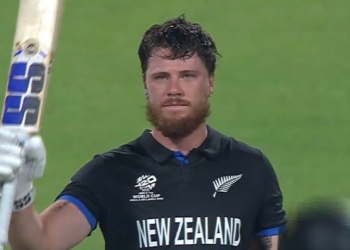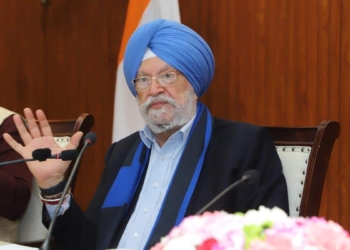External Affairs Minister S. Jaishankar on Monday articulated India’s assertive new doctrine against cross-border terrorism during a Lok Sabha debate on Operation Sindoor, emphasizing a five-point framework that marks a “new normal” in India’s counter-terrorism policy.
Jaishankar underlined that India’s response to the April 22 Pahalgam terror attack demonstrated a decisive shift in dealing with Pakistan-backed terrorism. The five-point doctrine includes:
-
Terrorists will no longer be treated as proxies.
-
Cross-border terrorism will invite appropriate responses.
-
No talks while terror persists — only dialogue on terrorism.
-
No yielding to nuclear blackmail.
-
Terrorism and good neighbourly relations cannot coexist — “blood and water cannot flow together.”
The minister also clarified that there was no intervention or mediation by the United States in ending the conflict between India and Pakistan, firmly denying reports of any telephone conversation between Prime Minister Narendra Modi and then-US President Donald Trump during the standoff.
“There was no talk between the PM and President Trump from April 22 (day of the Pahalgam attack) until June 17,” Jaishankar stated, countering Trump’s past claims of leveraging trade negotiations to de-escalate tensions between the two nuclear-armed nations.
Addressing Parliament, Jaishankar said India’s diplomatic stance post-attack was consistent and firm: “India is exercising its right to defend itself against terrorism, and there will be no mediation.” Any ceasefire initiative, he added, had to come directly through Pakistan’s Director General of Military Operations (DGMO), which eventually happened.
He also highlighted India’s diplomatic success in pushing the United States to designate The Resistance Force (TRF)—a Lashkar-e-Taiba proxy that claimed responsibility for the Pahalgam attack—as a global terrorist organisation.
Calling for political unity on national security, Jaishankar urged all parties to present a united front on terrorism. “We can only ensure zero tolerance against terrorism if we speak in one voice,” he said, adding that India’s parliamentary delegations abroad had effectively conveyed this message during outreach following Operation Sindoor.
The minister’s 40-minute address also included sharp criticism of the previous Congress-led governments for their response to major terror events, such as the 26/11 Mumbai attacks.
Jaishankar’s remarks reinforced India’s message that the days of restrained responses to cross-border terrorism are over—and that New Delhi now holds both the strategic will and the global support to act firmly and independently.





























